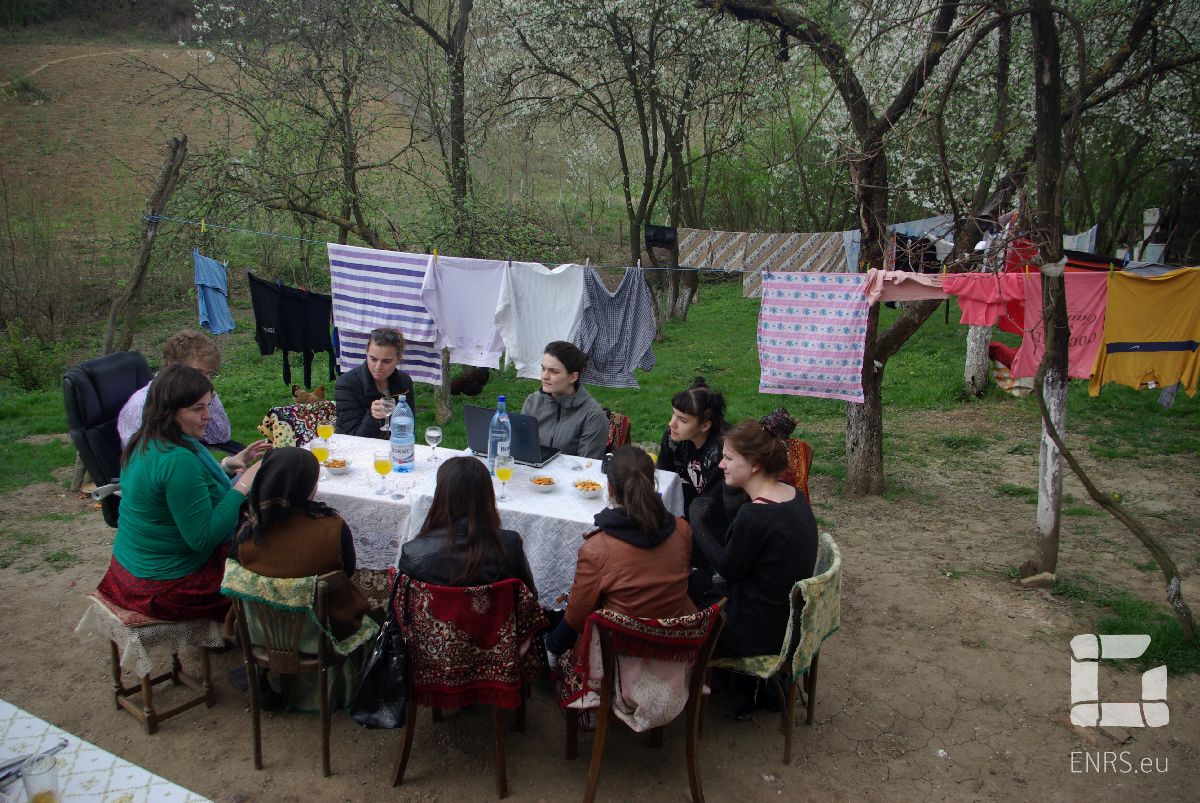A team of young students from Romania, Austria and Hungary: Júlia-Janka Gáspárik, Lukas Michael Joura, Borbála Pál, Raluca Patricia Nistor, Teona Teodorescu, Cătălina Vrabie went to explore region of Transylvania. The local coordinator of study visits in Cluj- Napoca was Małgorzata Tomaszkiewicz from “Multicultural Approach” association who prepared rich and comprehensive program for seven intensive days in Transylvania region.
First day of study visits in Transylvania was devoted to sightseeing in Cluj-Napoca, exploring its multiculturalism and diversity, ending with a lecture by prof. Istvan Horvath from Romanian Institute for Research on National Minorities who introduced the participants to the multicultural dimension of Transylvania. The group also visited the Museum of Hoştezeni, the Jewish cemetery, undergrounds of the National Museum, many monuments and other memorial places.
On the following days students started to explore the surroundings of Cluj-Napoca visiting Vistea and Mera villages where Hungarian culture is still very strong. They also went to Palatca to meet Roma musicians. Spending time there, eating dinner and listening to their music was an unforgettable experience and gave them an opportunity to experience this place with all senses. During six days the students successfully run 19 interviews with representatives of eight groups: Jews, Hungarians, Romanians, Germans, Armenians, Hoştezeni and Roma families. By talking to families, scanning home archives and spending time together, the students explored Transylvania as a place with different minorities and identities, where the “inbetweenness” is visible on many levels.
The ENRS would like to express its gratitude to our local partners for supporting programme implementation in the region: the Union of Armenians in Cluj-Napoca and Gherla, the Jewish Community in Cluj- Napoca, „Hoştezeni” Association in Cluj- Napoca, and the Democratic Forum of Germans.
